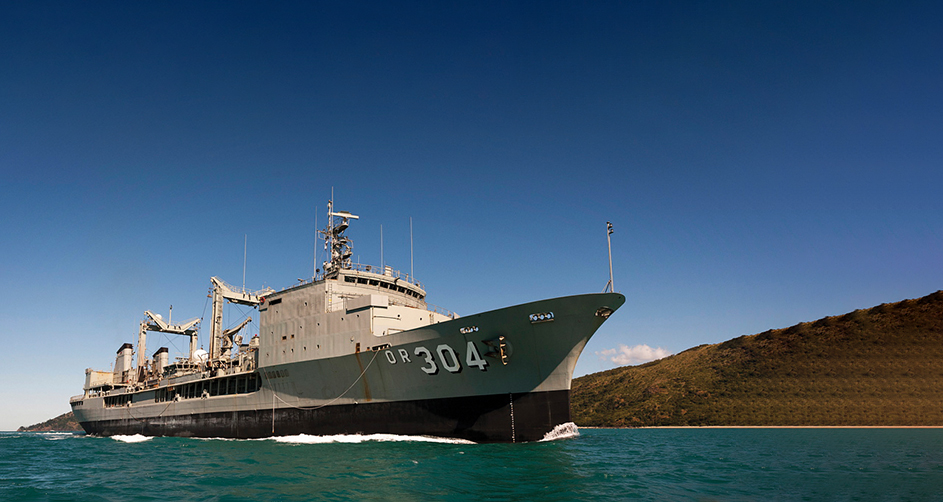There was a large attendance with quality speakers from Defence, industry and academia providing a diverse range of perspectives on the Defence White Paper, Industry Policy Statement and Integrated Investment Plan. The seminar helped attendees to join some of the dots. Our takeaways were:
1. While capability acquisition is necessary, a Whole of Life (WOL) perspective is now paramount.
2. Defence culture and processes must change and are the responsibility of all the primary stakeholders. The government must have a consistent commitment to funding Defence acquisition capability. The defence must view the industry as a part of the team. Defence Capability Leaders must take a proactive interest in capability development and acquisition strategy, as should industry.
3. Industry must do better. The industry is now a discrete FIC in the new strategic view and will be instrumental in ensuring Australia meet’s future sovereign capability requirements. Collaboration with Defence and other key stakeholders is improving, but there are many areas in which industry must do better. For example, more support for SME’s, maximising AIC over the capability WOL, optimising available resources and developing transferable manufacturing methods, expertise and processes. It is not unreasonable to expect a level of industry consolidation to occur in the long run.
4. CASG is on a reform journey. The focus has changed from materiel delivery to delivery of capability on behalf of the Defence Capability Leaders. A key challenge is to streamline the transactional nature of industry engagement and ensure the capability procurement model is fit for purpose and customisable. For example, the CASG speaker (Greg Divall) indicated industry could expect the size of tenders and information required at RFT to reduce substantially. There is recognition that meaningful engagement with all key stakeholders is necessary to deliver reform.
New players to the Defence sector: It was interesting to observe the number of businesses without a Defence tradition looking to play a part in the Defence sector going forward. Unsurprisingly many of these firms are from the Resources area, and their challenge is to prove and demonstrate their value proposition to Defence and industry. On the other hand, Defence and industry should recognise the potential of these businesses to introduce a different dimension and to successfully deliver additional capacity, expertise, innovation and technology over the long term. A further observation is many of the businesses we spoke with struggled to understand and find ways to engage with Defence.

